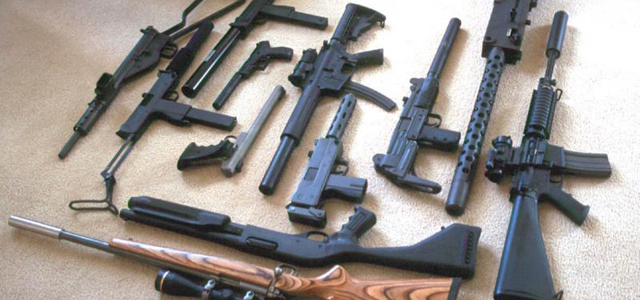

Getting an FFL involves completing an ATF application, passing a background check, and complying with federal, state, and local laws. The specific steps to this process include: 1) Determine eligibility, 2) Complete ATF Form 7, 3) Pay the application fee, 4) Complete a background check/submit fingerprints, and 5) complete an ATF interview.
A Federal Firearms License (FFL) is a legal certification granted by the Bureau of Alcohol, Tobacco, Firearms, and Explosives (ATF) that allows individuals or businesses to engage in activities related to firearms and ammunition. The main purpose of this license is to ensure that those involved in the firearms industry are following federal regulations, which are designed to enhance public safety and prevent illegal trafficking.
Having an FFL license is essential for several reasons:
With an FFL, individuals can operate within the legal framework, capitalize on business opportunities, and build a reputable presence in the industry.
For businesses dealing with NFA weapons, such as machine guns, short-barreled rifles, and silencers, special occupational tax (SOT) classifications are required.
Applying for the right FFL type depends on your intended business activities. Understanding these types is the first step toward successful and compliant firearm transactions.
To become a Federal Firearm Licensee, applicants must meet several eligibility criteria set by federal law:
In addition to federal requirements, applicants must also comply with state and local laws. This includes obtaining any necessary business licenses and following any zoning laws that regulate where a firearms business can operate.
Zoning laws, for example, may dictate specific areas where businesses can be located, and failing to comply with these laws can result in heavy fines or business closure. Therefore, adherence to these requirements is essential to the FFL application process.
A responsible person in the context of an FFL application is someone who directs the management and policies of the explosives firearm business. This includes entities such as a sole proprietor, partner, or board members. The role of responsible persons is critical as they are accountable for ensuring that the business complies with all laws related to firearm transactions and operations.

Follow these six easy steps to obtain your FFL license :
Before starting the application, make sure you meet the eligibility requirements to become an FFL holder.
The next step is filling out ATF Form 7 . This form requires detailed information about you and your business, including the type of FFL you are applying for, business address, and details of all responsible persons.
Submit the required application fee along with your ATF Form 7. The fee varies depending on the type of license you are applying for. Make sure you have the correct amount to avoid delays in processing your application.
Completing a thorough background check is an integral part of the application process. This involves reviewing personal information to ensure there are no disqualifying factors that would prevent you from engaging in firearms.
You are required to submit fingerprint cards as part of the application process. These are submitted during the background check.
The last step is scheduling the in-person interview with an Industry Operations Investigator (IOI) through your local ATF field office. During this interview, the IOI reviews your application and makes a recommendation to either approve or deny the application.
By following these steps diligently, you can successfully obtain an FFL and operate your business within the legal framework of the ATF.
As an FFL holder, it’s crucial to maintain accurate and up-to-date records of transactions. This is where using a Bound Book comes into play. Each entry must include detailed information about the firearm, such as its manufacturer, model, and serial number. Proper record-keeping ensures traceability and accountability for every firearm in your inventory. Conducting background checks for all firearm transfers is also mandatory, helping to prevent firearms from falling into the wrong hands.
ATF inspections are a routine part of being an FFL dealer. During an inspection, an ATF investigator will review your records, inventory, and overall business practices. To stay prepared, keep all your records organized and readily accessible. Make sure your bound books are up-to-date, and that all required forms are accurately completed.
Renewing your FFL is another process that must be done promptly to avoid lapses in your license. The ATF will send a renewal application (ATF Form 8) approximately 90 days before your current license expires. You should complete the renewal application and submit the renewal fee to continue business operations.